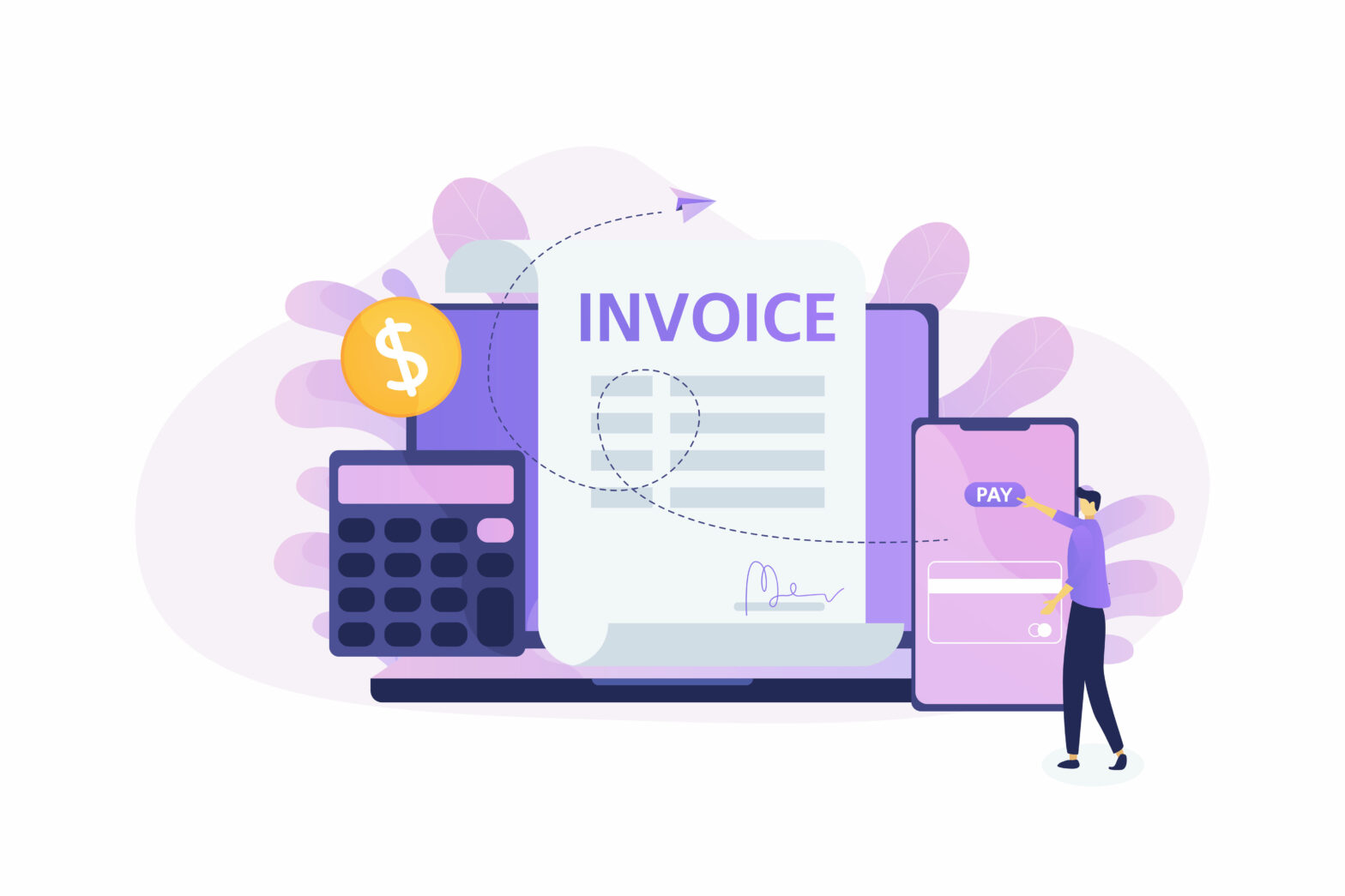As banks are pulling the rug out from under business owners’ feet, SMEs need to think outside the box when it comes to raising finance. Only recently, BDO Stoy Hayward released figures showing 36,000 small businesses are expected to fail by the end of the year. So here’s some funding alternatives to avoid being one of those statistics.
Savings and friends
This may well be your best option in the current climate and plenty of companies use this strategy in the early years, though be cautious of the amount of equity you may feel obliged to relinquish in exchange.
See also: Borrowing from family and friends
Enterprise Finance Guarantee scheme
In January 2009 the government introduced the Enterprise Finance Guarantee scheme to help small businesses facing temporary cash flow problems – replacing the popular Small Firms Loans Guarantee scheme. In theory, £1.3 billion has been set aside to be given out in loans or overdrafts (with 75 per cent of this funding guaranteed by the government) to small businesses with a turnover of up to £25 million. The plan was for loans from £1,000 to £1 million to be given out by high street banks. However, very little of this money has yet to make its way to the small businesses it was designed for.
Business angels
These are usually high-net-worth individuals, operating either alone or in syndicates, who are looking for suitable investment vehicles. Business angels have become an increasingly popular option, as banks have proved so reluctant to lend to SMEs. A new, web-based concept of ‘online dating for lenders and borrowers’ is now starting to emerge where private lenders are matched with small businesses looking for funding online. For more information, go to the UK Business Angels Association’s website.
Early-stage investment funds
Available, for example, through companies like FSE Group which offer equity investments for growing businesses. These appear to have been relatively unaffected by the recession as the organisations who offer them are keen to provide funds to enable small businesses to stay afloat. However, it is likely that the providers are now stricter about who is eligible for such loans, and the ease of getting such funding is likely to have decreased significantly.
R&D tax credits
The research and development (R&D) tax scheme aims to encourage investment in technological R&D by means of incentives delivered through the tax system. These incentives take the form of tax credits or relief against eligible R&D investment.
Raising finance will always be a challenge for business owners and never more so than in this market. However, if you have a business that is scalable and market driven, has intellectual property rights and a strong management team and you know how to make the most of the options available, then you will improve your chances of finding a funding solution in these challenging times.
Looking for finance? SmallBusiness.co.uk is working in partnership with trusted lenders to find the best business funding deals. Find out more here.







